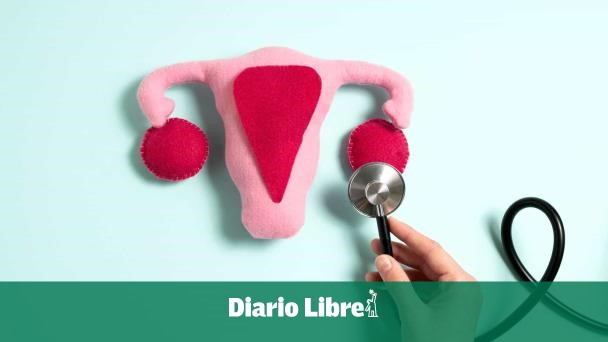The Economic Commission for Latin America and the Caribbean (Cepal), indicated that one in three women in America Latin does not have access to social or health security.
Limited access to the education and the healththe inequality labour and gender violence are some of the structural challenges that hinder the progress and empowerment of women. women in the region.
Free Newspaper spoke with Vanessa Vertizdirector and general manager for the business division of Healthcare in Central America and the Caribbean of the pharmaceutical company Merck, who urged the women to have preventive check-ups once a year, even without symptoms, in order to maintain good quality of medical check-ups.
“When we talk about healththere is factors biological, genetic, environmental, hormonal and social factors that expose people women to more risks,” he said about the care of the health female.
Vertiz indicates that the management and treatment of the diseases cardiovascular in the womenespecially after menopause, is different from that of men.
“There is diseases which primarily affect the most womensuch as infertility, which affects approximately one in six adults; diseases autoimmune diseases such as multiple sclerosis, with 69% of the registered cases being women compared to 31% of men; diseases metabolic, polycystic ovary, cervical cancer or breast cancer“, he detailed.
He looks out for others above his own. health
An aspect that Vertiz highlighted is the fact that the women tends to prioritize the health of the other members of the family unit over their own.
“Historically, the women We are the backbone of the family and we are more concerned about the health of the children, for the health of the elderly at home, sometimes because of the health husband’s, and ours is postponed,” she commented.
Access to the centers of health
She also pointed out the difficulty in accessing specialized care centers in many cases, having to settle for the Primary Care units in their locality, where there are pathologies that are sometimes not properly diagnosed.
An example of this is the hypothyroidism which, with its manifestations of hair loss, depression or changes in weight, can be confused with other pathologies if the Primary Care physician is not well trained.
It is estimated that one in eight women will experience this disorder in their lifetime, with a risk five to eight times higher than that of men. This discrepancy underscores the urgent need for more equitable and gender-aware health care.

“Something that is resolved in such a simple way, with a TSH test until you can get to a specialist doctor, in this case, an endocrinologist,” he adds.
Vertiz assures that this is how the system is designed healthbut, “the disease progresses. The patient takes a long time to reach the specialist for timely treatment of the disease.”
Merck proposes the education continuous medical care as a method to reinforce updated scientific information to primary care physicians, so that patients are treated With that vision of diseases characteristics of the women.
He also stressed the importance of the vaccination in girls against human papillomavirus and screening tests (Pap smear), essential tools for preventing cervical cancer. She also called for checking blood pressure.
“Let them prioritize their health. A population of women healthy, will generate a economy healthy in our countries” was his final recommendation.
Recently, these topics were discussed in the Summit Panama 2024a space for updating regarding the advances and challenges of the health of the women in Latin America.

















